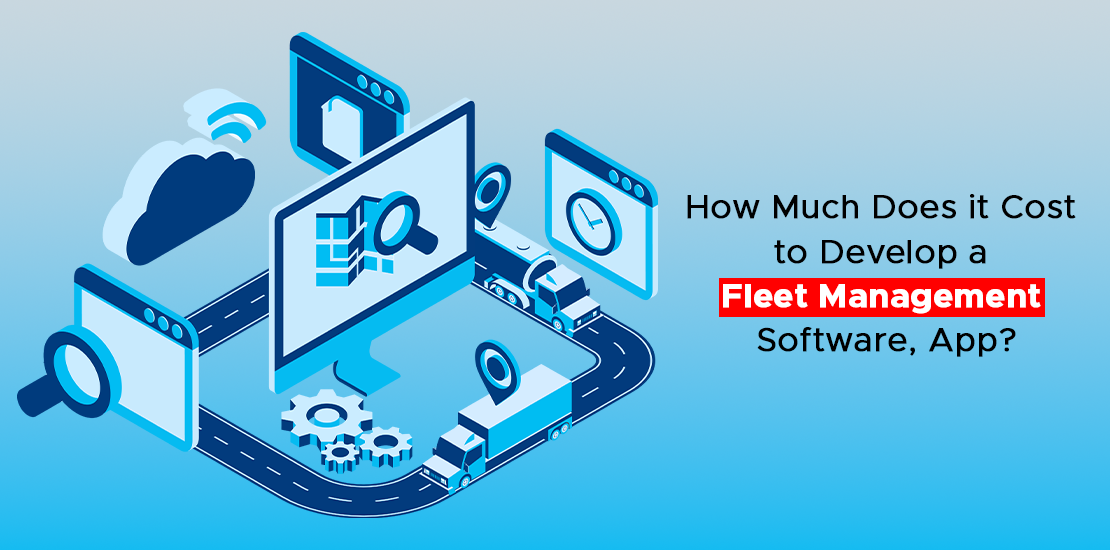Exploring AI's Impact on the Future of Finance

The Role of AI in Finance: Future Trends
Artificial Intelligence (AI) is reshaping the landscape of finance, promising transformative advancements that impact how we manage money, invest, and interact with financial services. This article delves into the current and future trends of AI in finance, exploring its applications, benefits, challenges, and what lies ahead.
Table of Contents
- Introduction
- Applications of AI in Finance
AI in Banking
AI in Investment Management
AI in Insurance - Benefits of AI in Finance
Efficiency Improvements
Enhanced Customer Experiences - Challenges Faced by AI in Finance
Data Privacy and Security
Regulatory Compliance
Ethical Considerations - Technological Innovations in AI and
Predictive Analytics
Blockchain Integration - Future Trends of AI in Finance
Continued Innovation
Enhanced Customer Engagement - Conclusion
- FAQs
Introduction
Artificial Intelligence (AI) has profoundly impacted various industries, including finance, healthcare, retail, manufacturing, transportation, revolutionizing operations and enhancing capabilities across sectors. It enables machines to learn from data, analyze patterns, and make decisions, mimicking human cognitive functions. AI is pivotal in automating processes, enhancing efficiency, and improving customer experiences in finance.
Applications of AI in Finance
AI is transforming banking operations through chatbots, automated customer service, fraud detection, and personalized financial advice. These advancements streamline operations and improve customer satisfaction by providing instant and accurate responses.
In investment management, AI analyzes market trends, manages portfolios, and predicts investment outcomes. AI-driven algorithms enhance decision-making by identifying opportunities and risks and optimizing investment strategies for better returns.
The insurance sector utilizes AI for underwriting, claims processing, and risk assessment. AI algorithms analyze vast datasets to assess risks accurately, expedite claims settlements, and enhance operational efficiency within insurance companies.
Benefits of AI in Finance
AI automates routine tasks like data entry and transaction processing, reducing operational costs and minimizing errors. This efficiency allows financial institutions to allocate resources effectively and focus on strategic initiatives.
By leveraging AI, financial institutions offer personalized services tailored to individual customer needs. AI-powered systems analyze customer data to provide customized recommendations and improve overall service delivery.
Challenges Faced by AI in Finance
The use of AI in finance raises concerns about data privacy and security. Financial institutions must implement robust cybersecurity measures to protect sensitive information and ensure compliance with regulatory requirements.
Ethical considerations, such as algorithmic bias and fairness in decision-making, pose challenges to AI adoption in finance. Addressing these concerns is crucial for maintaining ethical standards and trust in AI-driven financial services.
AI applications in finance must adhere to stringent regulatory frameworks to maintain transparency and accountability. Ensuring AI systems comply with legal standards is essential to building trust with customers and regulatory authorities.
Technological Innovations in AI and Finance
Future advancements in AI-driven predictive analytics will enable financial institutions to anticipate market trends and customer behavior accurately. This foresight empowers organizations to make informed decisions and gain competitive advantages.
AI combined with blockchain technology enhances transparency and security in financial transactions. Blockchain’s decentralized ledger ensures tamper-proof records, reduces fraud, and enhances trust among stakeholders.
Future Trends of AI in Finance
The future of AI in finance is marked by continuous innovation in technology and applications. AI will evolve to handle more complex tasks, such as real-time data analysis and decision-making, driving efficiency and innovation in financial services.
AI-powered solutions will enhance customer engagement through personalized interactions and seamless user experiences. AI-driven virtual assistants and predictive analytics will revolutionize how financial services engage with customers.
Conclusion
In conclusion, AI is a game-changer in the finance industry, offering unparalleled opportunities for efficiency, innovation, and customer-centricity. While challenges like data privacy and ethical considerations persist, the benefits of AI adoption in finance outweigh these concerns. As AI continues to evolve, financial institutions must embrace these technologies responsibly to unlock their full potential and stay ahead in a competitive market.
FAQs about AI in Finance
AI is used in banking for customer service, fraud detection, and personalized financial advice through chatbots and automated systems.
AI improves investment management by analyzing data to predict market trends, optimize portfolios, and enhance investment decision-making.
3. What challenges does AI face in the insurance sector?
AI enhances efficiency by automating tasks like data processing and customer service, reducing costs and improving operational performance.
The future of AI in finance includes advancements in predictive analytics, blockchain integration, and AI-driven customer engagement strategies.
DxMinds offers tailored AI solutions for financial institutions. These include predictive analytics, systems to detect fraud, platforms for AI-driven customer service, and integration of blockchain technology to ensure secure transactions.
DxMinds focuses on keeping data safe. We use strong encryption and strict access controls in our AI applications. Following industry rules and regulations, we protect sensitive financial information from unauthorized access.


